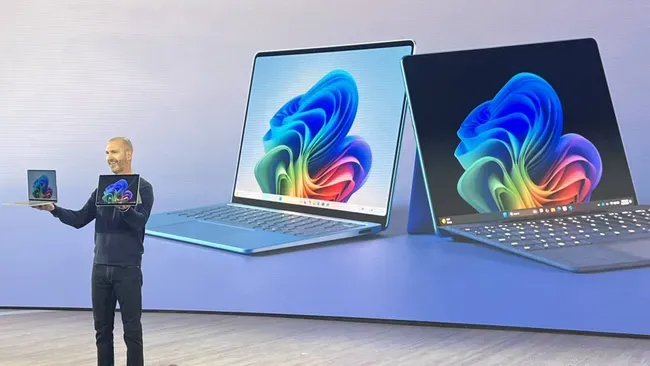Distributed cloud compute-as-a-service startup Kinesis Network Inc. today announced the availability of a new serverless feature for enterprises to access its scalable “always-on” compute resources for artificial intelligence workloads.
With the new service, companies can access low-cost graphics processing units from multiple cloud providers, including Amazon Web Services Inc., Google LLC and Microsoft Corp., without any of the complexity and headaches associated with infrastructure management.
Kinesis has built a distributed cloud compute platform that provides lower-cost, pay-as-you-go access to GPU resources, allowing customers to only pay for what they use. It doesn’t host this compute infrastructure itself. Rather, what it does is aggregate underutilized GPUs from other providers and pools them together to create a lower-cost cloud computing service with instant access to compute resources.
The startup says there is a critical need for this kind of platform, because the enormous demand for AI resources has led to a global shortage of graphics processing units and other AI accelerators, forcing enterprises to reserve large clusters of chips weeks or even months ahead of time. Moreover, some smaller enterprises simply can’t access the GPUs they need at all.
But the business model of the large cloud infrastructure giants means that around 70% of global GPU resources are often left sitting idle. While companies have reserved access to GPUs for a specific time frame, it’s a rare occasion when they utilize those resources at full efficiency. During these moments, Kinesis can redistribute this idle GPU capacity and make it available to others on demand.
“The compute access shortage is a critical bottleneck for AI innovation and scientific research,” said Kinesis Chief Operating Officer Hamza Ak. “Our platform solves this growing issue by unlocking a vast, untapped reservoir of global computing power, making it accessible to any enterprise or organization.”
Kinesis’ advantage is not just always-on access to GPUs, but also lower costs, with the startup claiming it can save customers up to 90% on their computing costs compared to traditional cloud services. That’s important, because it says AI-centric companies are currently spending over two-thirds of their information technology budgets on computing infrastructure, leaving minimal cash in the kitty to spend on actual research and development.
Kinesis said its GPUs are made available within a fully managed serverless environment, keeping the infrastructure maintenance overhead to an absolute minimum, and it claims to offer large quantities of even the latest, most powerful and difficult to find GPUs from companies like Nvidia Corp. and Advanced Micro Devices Inc. It also claims to reduce e-waste and lower its customer’s carbon footprints, while providing detailed insights on GPU efficiency to aid in troubleshooting application performance issues.
Another advantage of Kinesis is that it makes it easier for customers to achieve their multi-cloud goals, providing them with full flexibility over resource distribution. So a customer can specify that their workload is distributed across multiple clouds – such as 40% AWS, 30% Microsoft Azure and 30% Google Cloud – and Kinesis will take care of the rest.
Kinesis Chief Executive and Chief Technology Officer Baris Saydag said the company’s platform has already attracted the interest of various academic institutions, open-source AI research projects and Fortune 500 enterprises.
“We are fueling enterprise-wide computing transformations, critical research and the next generation of AI startups,” he promised. “We are seeing strong interest in our secure compute-as-a-service solution.”
image: News/Luma AI
Your vote of support is important to us and it helps us keep the content FREE.
One click below supports our mission to provide free, deep, and relevant content.
Join our community on YouTube
Join the community that includes more than 15,000 #CubeAlumni experts, including Amazon.com CEO Andy Jassy, Dell Technologies founder and CEO Michael Dell, Intel CEO Pat Gelsinger, and many more luminaries and experts.
THANK YOU




/cdn.vox-cdn.com/uploads/chorus_asset/file/22701494/switcholedmodel.jpg)



